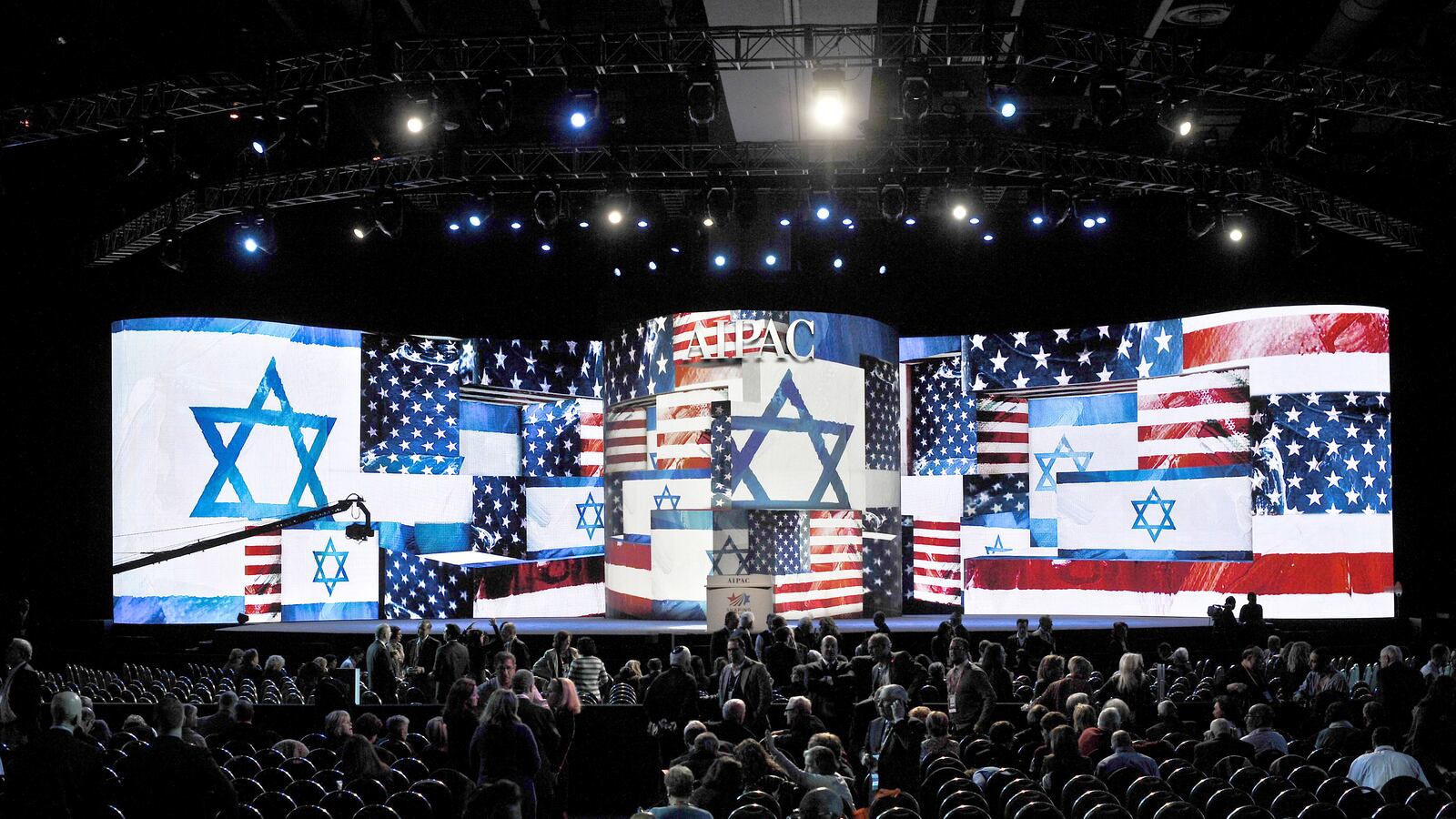The headline of an April 5 article in Open Zion proclaimed: "Sympathy—Not a Useful Metric." In the article, columnist Emily L. Hauser questioned the relevance of recent Gallup and Pew polls showing widespread American sympathy for Israel.
As a regular participant in AIPAC’s annual lobbying days on Capitol Hill, I know that the opposite is the case. Last month about twelve thousand of us spent a day meeting with our legislators. AIPAC’s ability to mobilize activists to actually show up and do something is one of its greatest strengths. J Street, let alone Jewish Voice for Peace, cannot match AIPAC in terms of numbers.

The widespread American sympathy for Israel over the Palestinians (64 percent versus 12 percent, according to Gallup) means that we citizen lobbyists will often have won before we even walk through the door. The legislator or staffer we will meet is probably going to be part of that majority.
My own meetings with Sen. Mark Warner and Reps. Gerry Connolly and Jim Moran—all Virginia Democrats—bore this out. Sen. Warner told us how his ties with Israel started during his days in the telecom industry. He emphasized the number of Virginia businesses that benefit from trade with Israel, some of which is funded by U.S. military aid.
Listening to Sen. Mark Warner, I thought, "He’s like me." That is, he is part of that 64 percent (almost two-thirds!) majority of Americans who sympathize more with Israel than with the Palestinians.
Rep. Connolly was similarly friendly. He regaled us with an account of his support for U.S. aid for Israel dating back to his days as a senior foreign policy staffer on the Hill.
I had the good fortune to run into my own congressman, Jim Moran, in the hall. (Disclosure: for many years, I owned a fairly well-known website called GoodbyeJim.com, which was dedicated to criticizing Rep. Moran on multiple issues.)
Rep. Moran was, as always, gracious to me, but I have concluded over the years that he may not be part of that 64 percent of Americans who are more sympathetic to Israel than to the Palestinians. I mentioned to him that the recent funding sequester meant that the Iron Dome missile program was being cut by 10 percent. (The actual figure is 100 percent, due to the way Iron Dome was funded.) He told me, apparently incorrectly, that aid to Israel would be exempted from sequester, so "you should be happy."
My three meetings with legislators this year is an unscientific sample, of course. And all politicians try to emphasize their agreements with whoever walks in the door. But critics of U.S. policy fool themselves if they think that widespread U.S. sympathy towards Israel isn't useful to know about. It is, in fact, the number one thing we who support the U.S.-Israeli relationship have going for us.



